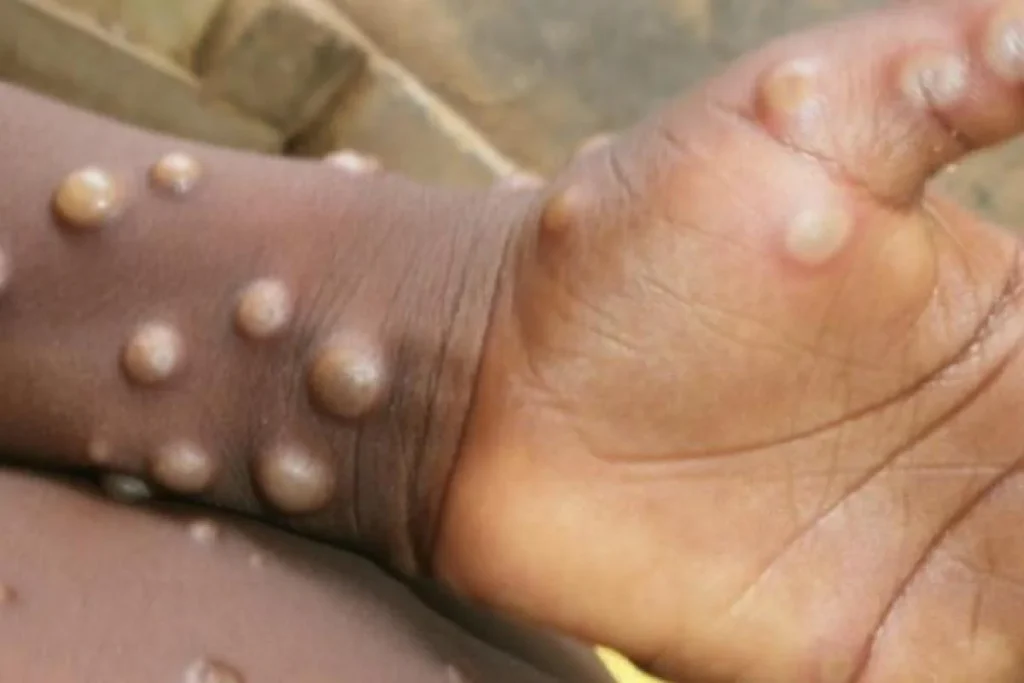… Majority of cases reported among men who have sex with men

The director-general of the World Health Organisation (WHO), Dr. Tedros Ghebreyesus, has revealed that more than 14,000 cases from 71 member states across all six WHO regions have now been reported to WHO this year (2022).
He made this known in his opening remarks during a hybrid meeting of the second meeting of the IHR Emergency Committee in relation to the multi-country outbreak of monkeypox today (July 21, 2022).
Addressing members and advisors of the Monkeypox Emergency Committee, Ghebreyesus raised concerns about the number of cases in an increasing number of countries, that have been reported to WHO. He added that the committee was reconvened to get members’ input to decide on the outbreak.
“I have reconvened this committee regarding the multi-country outbreak of monkeypox because I need your advice in assessing the immediate and mid-term public health implications of the evolution of this event.
“The considerations offered by the committee during its first meeting, nearly one month ago, helped to delineate the dynamics of this outbreak.
“It’s pleasing to note an apparent declining trend in some countries, but others are still seeing an increase and six countries reported their first cases last week,” he said.
The WHO boss noted that as the outbreak develops, it’s important to assess the effectiveness of public health interventions in different settings, to better understand what works and what doesn’t.
He pointed out that, for the moment, the vast majority of cases continue to be reported among men who have sex with men, adding that this transmission pattern represents both an opportunity to implement targeted public health interventions, and a challenge because in some countries, the communities affected face life-threatening discrimination.
“As many of you know from your deep engagement with these communities, there is a very real concern that men who have sex with men could be stigmatised or blamed for the outbreak, making the outbreak much harder to track and to stop,” Ghebreyesus said.
He further said that working closely with affected communities in all WHO regions will ensure the most effective approaches are in place.
“As the outbreak evolves, the call for targeted and focused access to all countermeasures for the most affected population has also increased.
“Unfortunately, the information shared with WHO by countries in West and Central Africa is still very scant.
“This inability to characterise the epidemiological situation in that region represents a substantial challenge to designing interventions for controlling this historically neglected disease.
“I am acutely aware that any decision I take regarding the possible determination of a public health emergency of international concern involves the consideration of many factors, with the ultimate goal of protecting public health,” he added.


